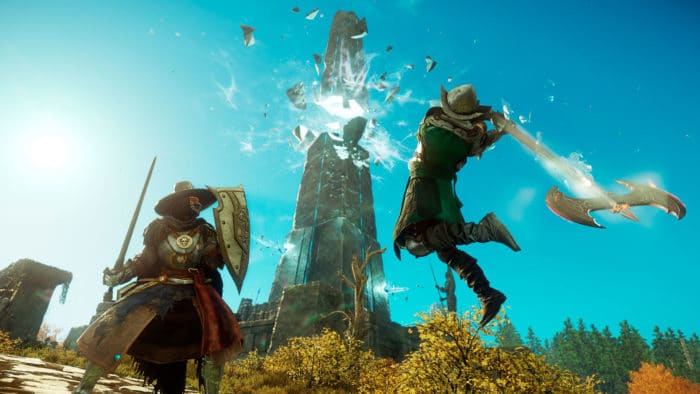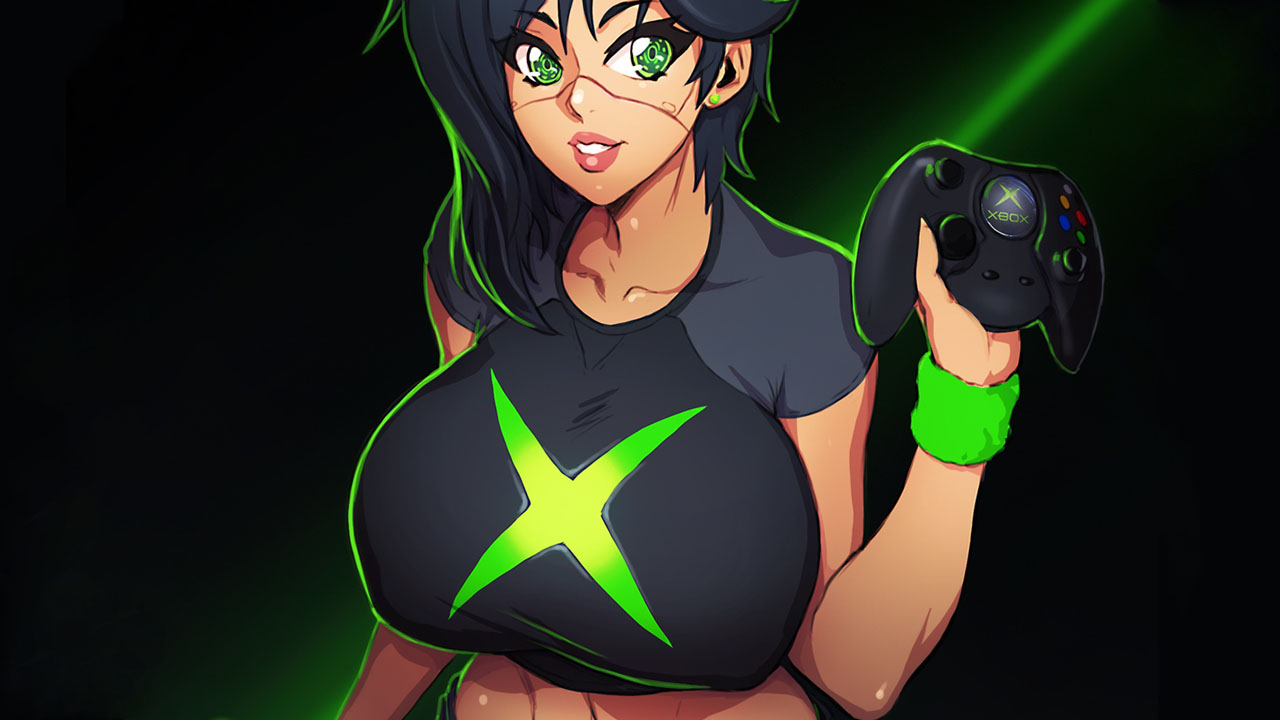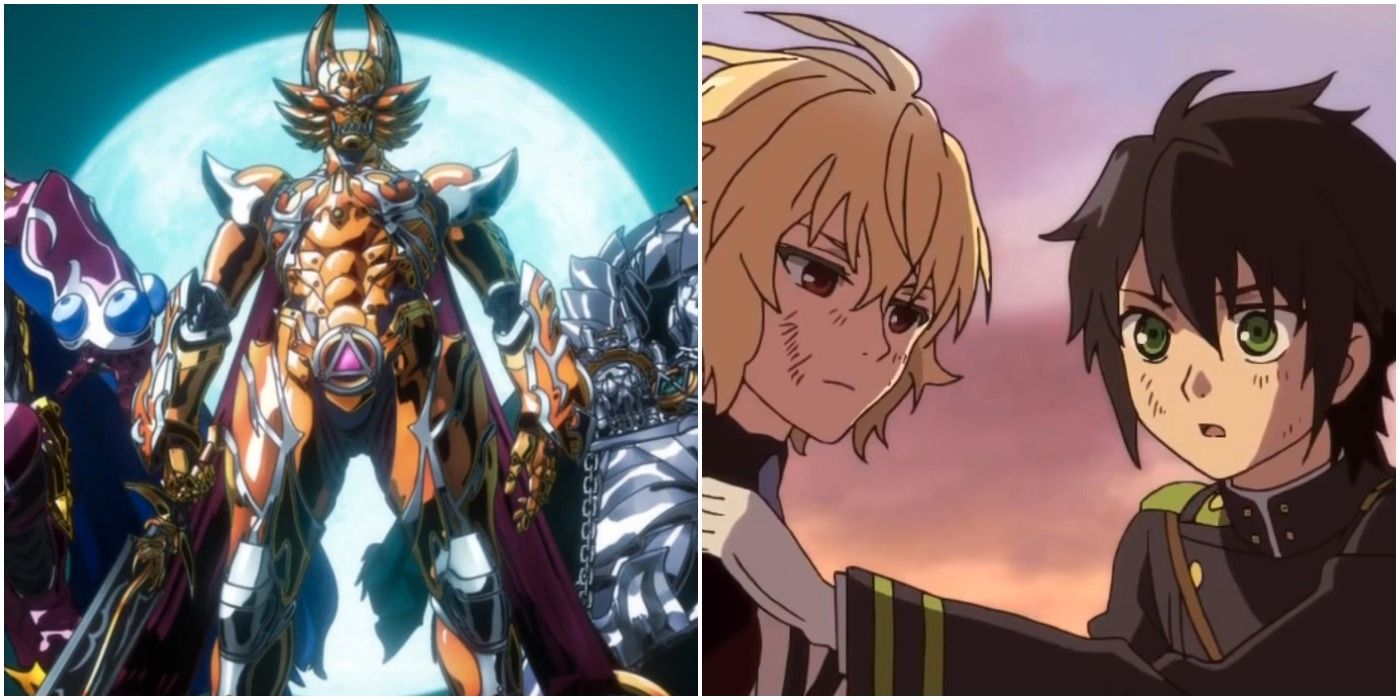
“Nothing Hurts More Than Problems in the Live Play Space,” Says New World Game Director Scot Lane
New World launched with a rocky start. Since its release to the gaming public, fans have been complaining of bots, bugs, and exploits. The issues are no longer as bad as they were. Although the current player count is nowhere near to what they were at launch, it is still respectable.
New World Game Director Scot Lane confirmed in an interview that Amazon’s fantasy MMO is the studio’s “top priority.” Whenever they got reports of an issue that impacts the players’ gaming experience, it gets their “full attention.”

“We understand the importance of responding quickly,” Lane said. “We have been trying to fix the issues as fast as possible.”
Lane wants the New World community to know that they are aware of their game’s issues. “I want everyone to know the team has worked around the clock to solve them as fast as possible,” he added. “That has not changed now that we are live—it will continue to be our number one priority.”
The team behind New World plans to keep adding more resources to testing patches. “We have made some mistakes by moving too fast,” he said. “We are still finding the balance of speed and quality.” Their goal is to make sure that all players have an amazing gaming experience. At the same time, they also get better at patching and testing as game developers.
“Our focus right now is to give the players in the world the best experience we possibly can,” Lane continued. “I cannot stress enough how much we appreciate their patience while we have been working through these launch issues.”
New World’s devs have always respected their following. When it comes to improving the game, they will continue to listen to what the game’s fans have to say. “Our goal is to keep responding to what players ask for,” he added. “Feedback from players will continue to help shape New World’s direction.”
Are you playing New World? Let us know in the comments below.
The post New World Dev Says Mistakes Were Made ‘By Moving Too Fast’ appeared first on COGconnected.



